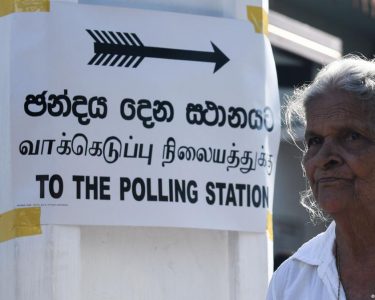To simplify divorce proceedings in Sri Lanka, three draft bills are set to be tabled in Parliament next month, addressing outdated laws and introducing a no-fault basis for divorce. Currently, individuals seeking a divorce must prove one of three grounds in court—adultery, malicious desertion, or impotency at the time of marriage—a process that can be lengthy and challenging. These new proposals aim to streamline the process, making it easier for couples to dissolve their marriages amicably and expeditiously.
The Matrimonial Causes Act will introduce the concept of “irretrievable breakdown” as a valid ground for divorce. This means that if a court determines that the marriage has reached an irreparable state, regardless of the reason, it can grant the couple a divorce. This eliminates the burden of proving specific fault, which has often prolonged and complicated divorce proceedings in the past.
Marriages can also be nullified for reasons such as underage marriage or consanguinity. Additionally, individuals seeking a separation without dissolving the marriage will still have the option of pursuing this path.
For spouses whose partners have gone missing, the new legislation simplifies the divorce process. Under Section 108 of the Evidence Ordinance, if a person is missing for a year, they are presumed dead. To facilitate divorce in such cases, the legislation allows individuals to publish an advertisement in a newspaper requesting the missing spouse to appear in court or provide evidence of their survival. If the spouse fails to respond or no evidence of their existence is presented, the divorce will be granted.
To address the issue of divorce proceedings involving spouses residing overseas, the Recognition of Foreign Divorce Judgments Act will establish a mechanism for recognizing divorces granted by foreign courts. Countries whose jurisdictions are recognized in Sri Lanka will be officially listed, and individuals who have obtained a divorce from such courts need to submit a certified copy of the judgment for registration within the country.
In addition to these reforms, the government intends to amend legislation to enable the delivery of urgent and interim court orders and summons through various communication channels, including phone calls, emails, and WhatsApp messages. This will enhance efficiency and accessibility for individuals involved in legal proceedings.







